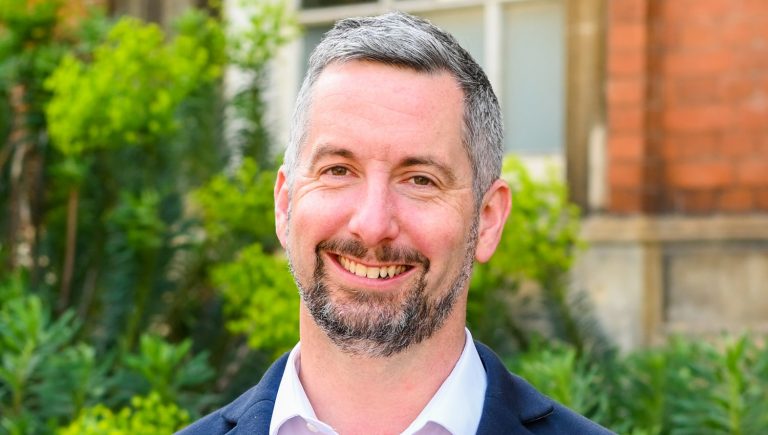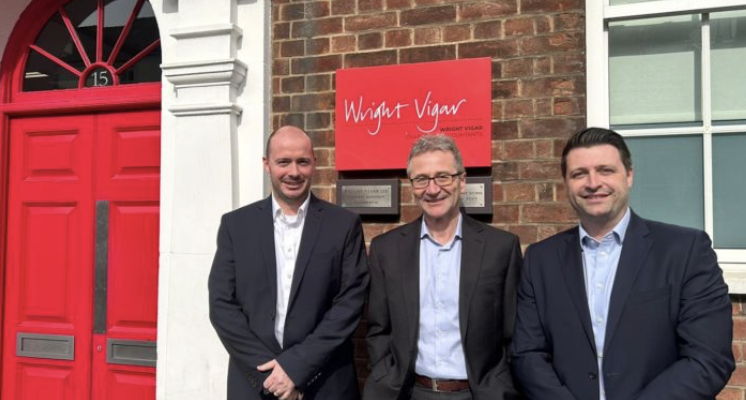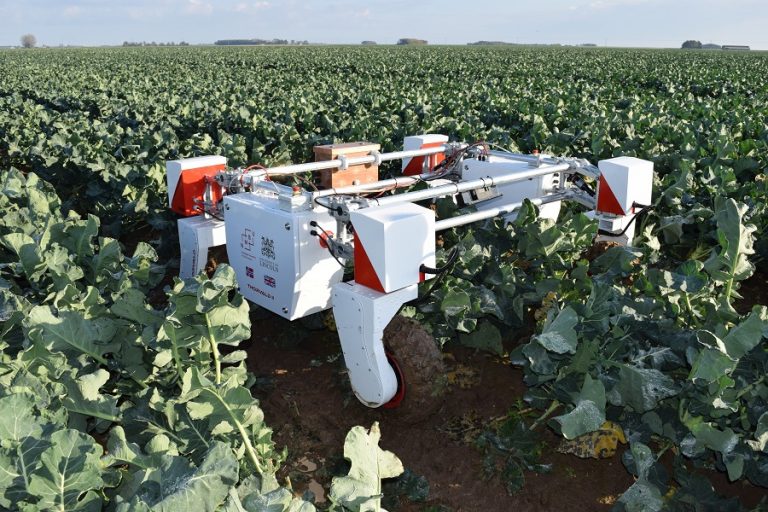Lloyds Bank’s Business Barometer for March 2023 shows:
- East Midlands business confidence has risen for a second consecutive month from 18% to 23%
- Region’s businesses identify top growth opportunities as evolving their offer (46%), investing in their team (30%) and investing in sustainability (30%)
- Overall UK business confidence in March reached its highest level since May last year, with eight out of 11 regions and nations reporting higher levels of confidence than February
Business confidence in the East Midlands rose five points during March to 23%, according to the latest Business Barometer from Lloyds Bank Commercial Banking – conducted between the 1
st – 15
th March ahead of the Chancellor’s Spring Budget on Wednesday 15
th March.
Companies in the region reported higher confidence in their own business prospects month-on-month, up 10 points at 36%. When taken alongside their optimism in the economy, which remained the same at 9%, this gives a headline confidence reading of 23%.
East Midlands businesses identified their top target areas for growth in the next six months as evolving their offer (46%), investing in their team (30%) and investing in sustainability (30%).
The Business Barometer, which surveys 1,200 businesses monthly, provides early signals about UK economic trends both regionally and nationwide.
A net balance of 33% of businesses in the region expect to increase staff levels over the next year, up 19 points on last month.
Overall UK business confidence climbed 11 points to 32% in March, with firms reporting their highest confidence levels since May last year.
On average, firms felt positive about their own trading prospects with 39% of firms expecting business activity to increase in the next 12 months, up eight points on last month and 25% said they would increase staff levels by this time next year, up five points month-on-month.
Every UK region and nation had a positive confidence reading in March, with eight out of 11 regions recording a month-on-month increase in confidence. For the second month in a row the West Midlands reported the highest levels of business confidence at 48% (unchanged month-on-month), followed by Scotland (up 24 points), London (up 20 points), and the North East (up two points) all at 38%.
Dave Atkinson, regional director for the East Midlands at Lloyds Bank Commercial Banking, said:
“It’s good to see business confidence in the region continue to climb, with many firms in the East Midlands primed for growth.
“We know lots of businesses are planning how to capitalise on the opportunities that may come their way this summer, with planned investment in developing new products and services and building their teams.
“We will be by the side of businesses as they identify and strive towards their growth ambitions.”
There was a broad rise in business confidence across the sectors, particularly in construction (47% up 28 points) and manufacturing (37% up ten points) both at a ten-month high and retail (32% up 11 points) the highest since February 2022.
Hann-Ju Ho, Senior Economist Lloyds Bank Commercial Banking, said:
“Business confidence has seen a surge this month with economic optimism and trading prospects bolstering firms. With hiring intentions improving, we may see employment growth picking up in the coming months. Tentative signs of easing wage pressures suggest that businesses’ difficulties in finding staff may have started to ease.
“Although the measures in the Budget were widely trailed, it is yet to be seen what the full impact of the Chancellor’s announcement, along with the surprise rise in inflation and recent increase in interest rates, will have had on business confidence.”












